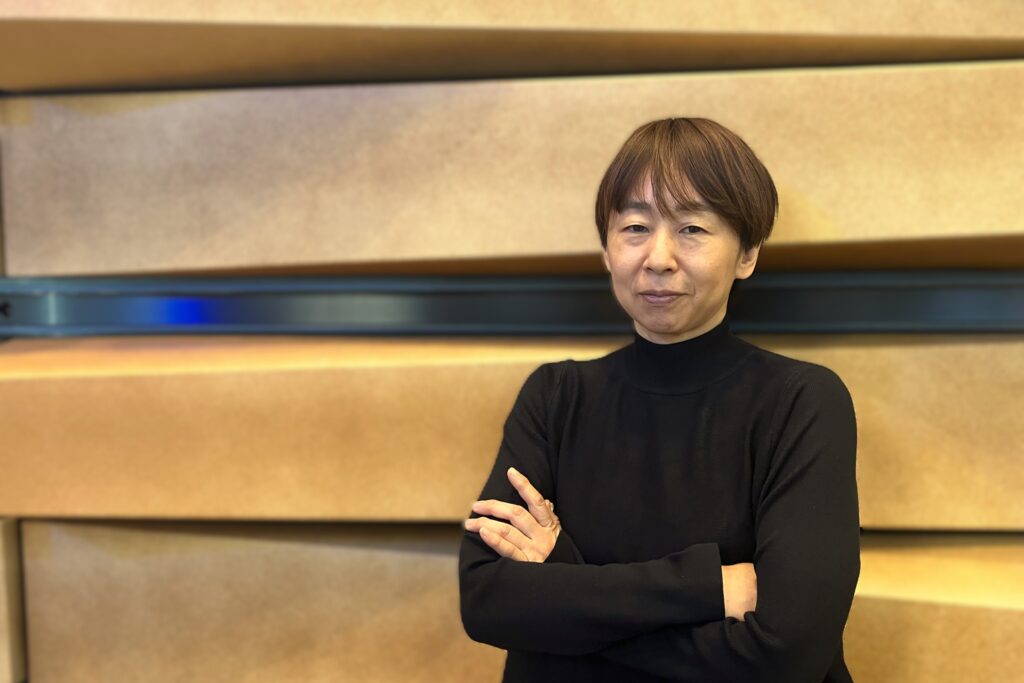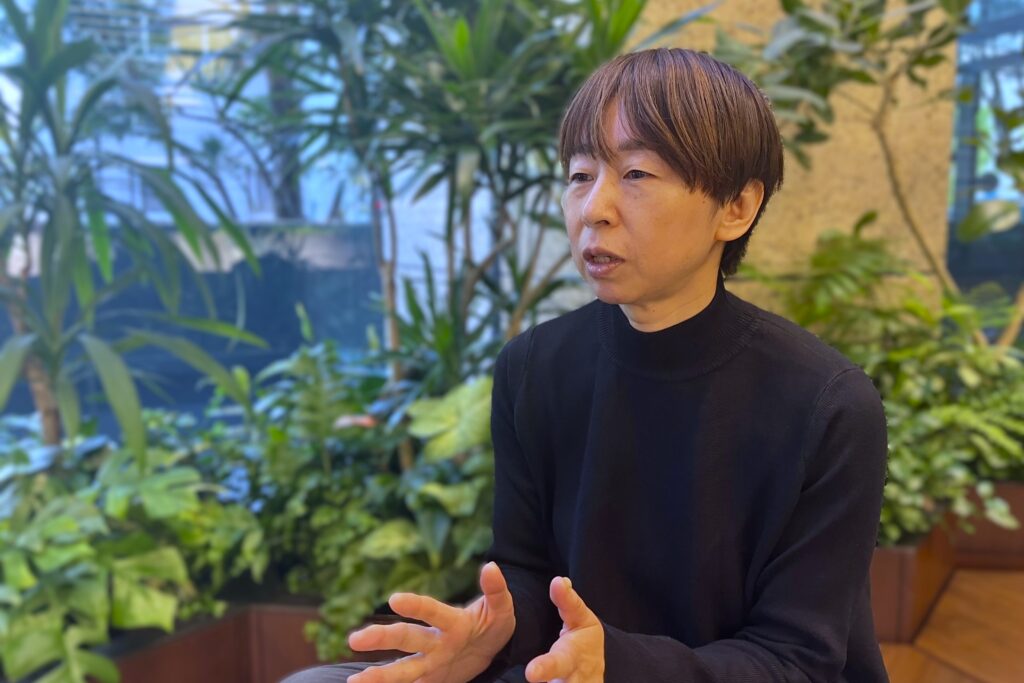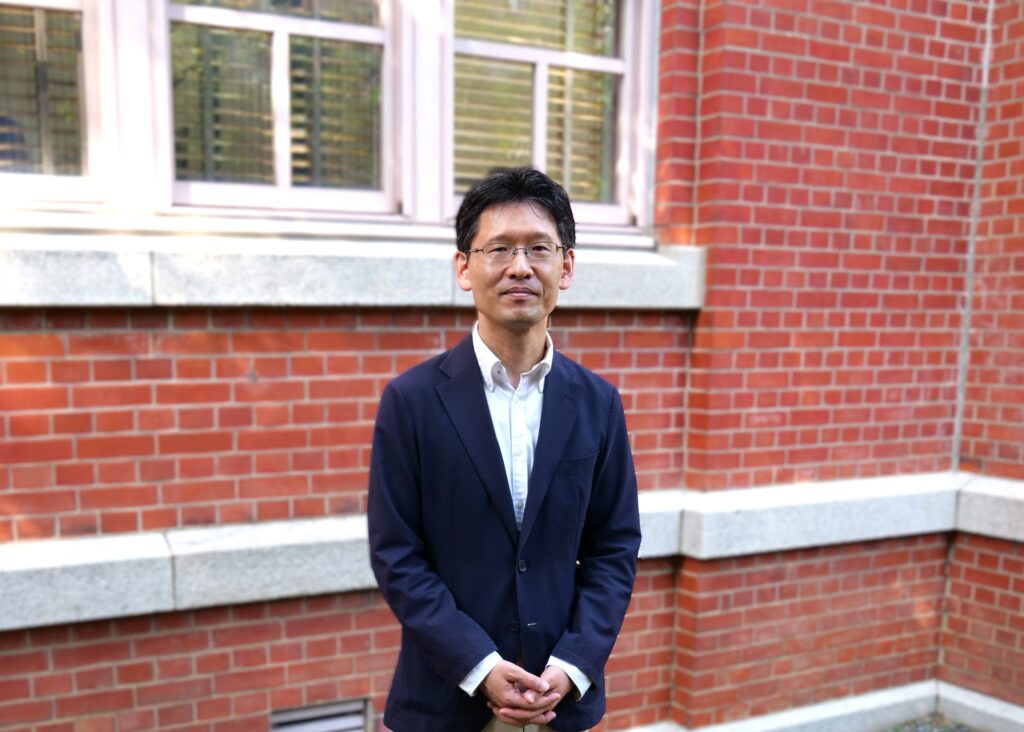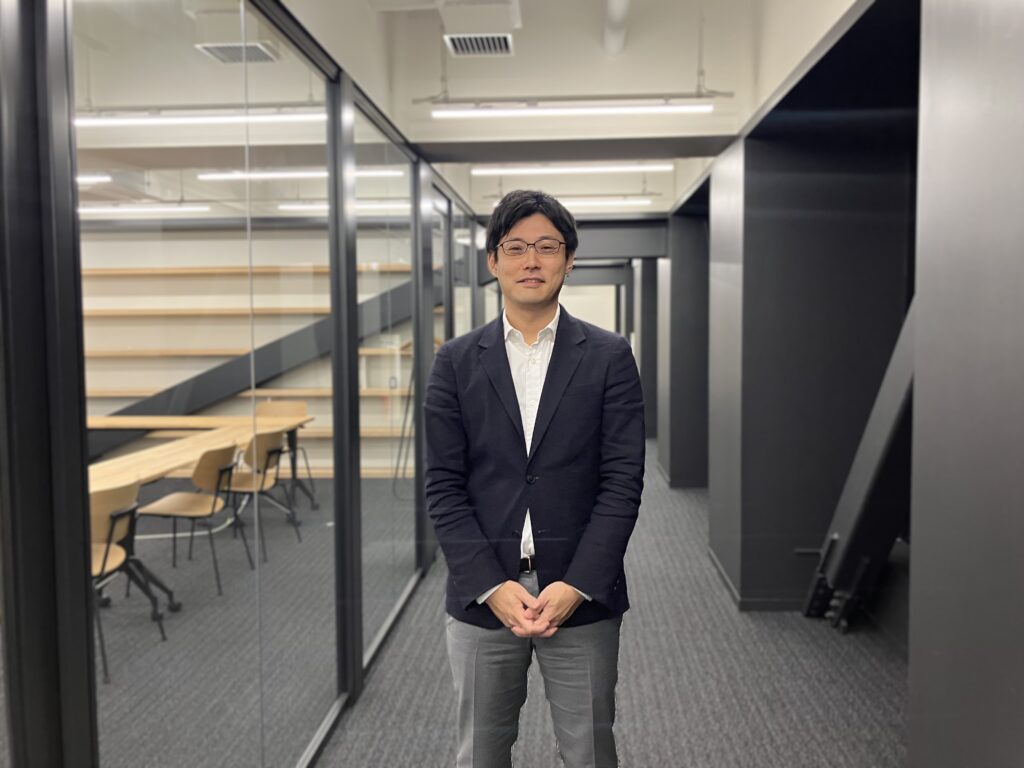In an aging society, finding the right balance in decision-making through dialogue and verbalization
We spoke to Kanae Sawamura, a researcher at the Japan Research Institute and project leader of "Sustainable disposal, decision-making and support for maintaining dignity for everyone during life and after death," about the social issues she faces, what sparked her interest, and her thoughts on the project.
The project page isHere

In an age where people are questioning who they can rely on in their old age
Postwar Japan has realized a society where people can live longer thanks to advances in medical care and improvements in standard of living. The Japanese Constitution also guarantees the right to pursue happiness, meaning that individuals have the right to freely pursue happiness. "Pursuing happiness" sounds a bit exaggerated, but I think it's the accumulation of things we do in our daily lives, like going to places we want to go and having the hairstyle we want. At least while we're healthy, individual self-determination is respected, and the number of people who can live with a certain degree of freedom has increased compared to previous generations.
On the other hand, problems are also emerging. When people reach old age, there are inevitably times when they are unable to achieve what they want to do on their own and have to rely on others. Because we live in a society where people can live longer, the period during which they rely on others also becomes longer. Until now, it was common for elderly people in Japan to live their lives with the support of their family and other people around them, and then pass away. However, in recent years, there has been an increase in the number of elderly people who do not have family, or who cannot rely on family even if they do. In Japan today, there is still no system in place to support elderly people without family. Even if they have family, the power of relatives and communities to support them is decreasing, so the burden becomes too heavy.
Society is aware of the macro changes that will continue to cause the aging population to continue to increase, with an increasing number of elderly people living alone. However, the reality is that there is no concrete idea of how society should support and respond to these changes.
A society in which everyone can spend their senior years with peace of mind
At the Japan Research Institute, I have been conducting research on guarantor services (lifelong support services for the elderly, etc.) and elderly people living alone. When a person is hospitalized or admitted to a nursing facility, if there is no family member who can provide a name and emergency contact information as a guarantor, they may not be able to receive medical or nursing care services. In such cases, guarantor services act as guarantors on behalf of the family. As the number of elderly people living alone increases, the need for guarantor services is also growing, but it is said that there are also many problems.
While investigating the situation, I began to think that it is unfair that one's life is greatly influenced by factors that one cannot control alone, such as whether one has a family or not. I think it is necessary to create a system that allows people to spend their elderly years with peace of mind, whether they have a family or not. In order for society and individuals to move forward based on such a system, it is first necessary to clarify the image of the goal. In our activities up until now, we have focused on identifying current issues and thinking about how to respond to them. However, we wanted to capture changes in society and values from a longer-term perspective and think about the future of society, so we decided to launch a project with Professor Kodama, who specializes in ethics.

Dialogue and verbalization to fulfill small joys and face the end
Even when I get older, I want to live the way I want to, if possible. On the other hand, it is still difficult to make all the decisions on my own, and I often wish someone else could make them for me. Also, it is important that not only I, but also the people around me are happy. I hope that everyone can make decisions in the right balance and be able to fulfill their small happiness before the end.
To achieve this, based on my experience talking to elderly people in surveys and other activities, I believe that verbalization is key. Not many people can immediately answer the question, "What do you want to do?" when asked about their intentions when undergoing medical treatment or their hopes for living their daily lives. Some people, in particular, refuse to think about death. The process of talking is very important as a trigger for thinking about death and accepting it. In the SMBC Kyoto University Studio project, we hope to find the "sweet balance" for society in terms of support for decision-making in old age by engaging in repeated dialogue with people from various positions.


